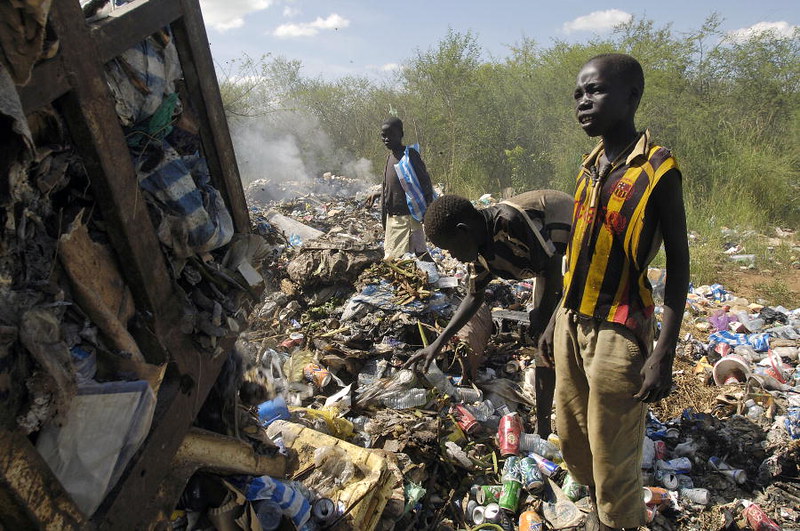Already a subscriber? Make sure to log into your account before viewing this content. You can access your account by hitting the “login” button on the top right corner. Still unable to see the content after signing in? Make sure your card on file is up-to-date.
The United Nations has warned that hundreds of thousands of civilians trapped in a Sudanese city are facing imminent starvation as ongoing conflict, blocked aid routes, and collapsing infrastructure push the region toward famine.
Some shit you should know before you read: Back in April 2023, a civil war erupted in Sudan following a power struggle between the Sudanese Armed Forces (SAF) and the Rapid Support Forces (RSF), once allied groups that had a falling out over plans to integrate the RSF into the SAF. The SAF, led by Gen. Abdel Fattah al-Burhan, claims it is defending the country’s sovereignty and constitutional order, while the RSF, under Gen. Mohamed Hamdan Dagalo, argues it is fighting to dismantle military dominance and establish civilian rule. Both sides have been widely accused of committing atrocities, including ethnic cleansing, sexual violence, and attacks on civilians. The conflict has also drawn in regional actors, with Sudan’s government recently accusing the United Arab Emirates of covertly supporting the RSF by supplying arms and hiring foreign mercenaries (the UAE denies). Other neighboring countries have been suspected of backing different factions to serve their own strategic interests, further fueling the instability.

What’s going on now: In a notable development, the United Nations has sounded the alarm over the rapidly deteriorating humanitarian crisis in Sudan, particularly in the city of El-Fasher. The World Food Programme (WFP) and UNICEF have warned that starvation is imminent for thousands of families trapped by ongoing fighting between the SAF and the RSF. “Everyone in el-Fasher is facing a daily struggle to survive,” said Eric Perdison, WFP’s regional director for East and Southern Africa. “People’s coping mechanisms have been completely exhausted by over two years of war. Without immediate and sustained access, lives will be lost.”
UN agencies report that food prices have surged over 400% in some areas, forcing families to survive on hay for animals and food waste. Nearly 40% of children under five in El-Fasher suffer from acute malnutrition, with 11% facing severe acute malnutrition. Meanwhile, aid trucks loaded with life-saving supplies remain idle as negotiations stall.

Despite urgent pleas for aid delivery, UN convoys have repeatedly been blocked from reaching El-Fasher. In June, a humanitarian convoy was attacked while en route to the city, with both the RSF and SAF trading blame for the strike. Although the Sudanese government has granted clearance for food deliveries, the RSF has not yet confirmed its cooperation, which has significantly stalled relief efforts.
In addition to famine, disease outbreaks have added another layer of urgency to the crisis. A cholera outbreak in North Darfur has killed at least 191 people, including 62 in Tawila and dozens more in displacement camps across South Darfur. Nearly 4,000 cases of cholera have been reported so far, with poor sanitation, overcrowding, and the ongoing rainy season making containment efforts nearly impossible. Sheldon Yett, UNICEF’s representative in Sudan, emphasized the scale of the health crisis, saying, “Children have limited access to safe water, food, healthcare. Malnutrition is rife, and many good children are reduced to just skin, bones. We are on the verge of irreversible damage being done to an entire generation of children in Sudan.”
This all comes as an estimated 40,000 people have been killed and over 12 million have been displaced due to the ongoing war. According to the United Nations, this is the largest displacement and hunger crisis globally.







